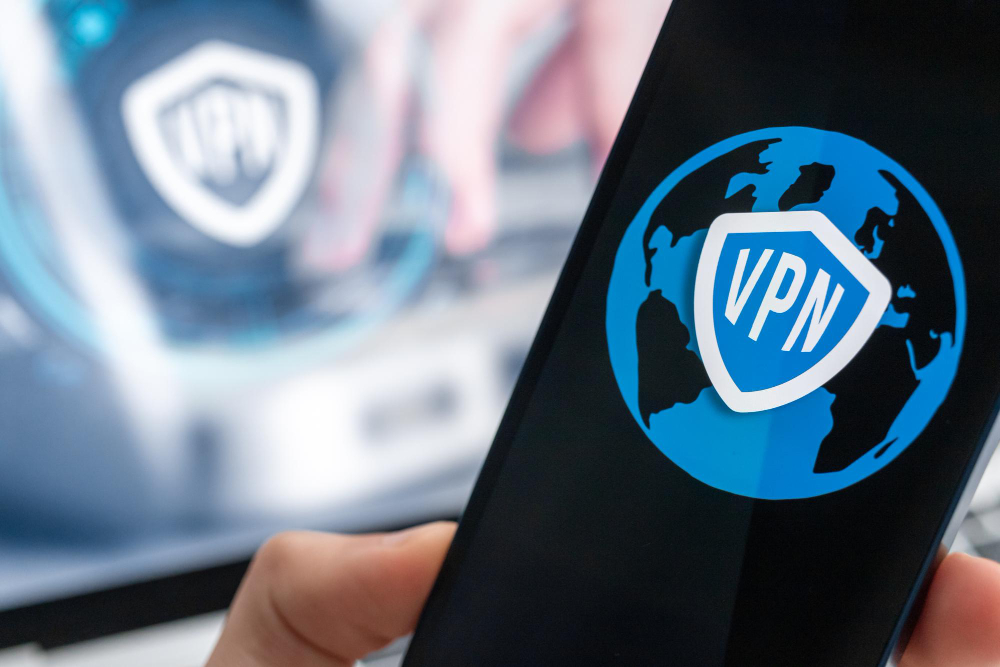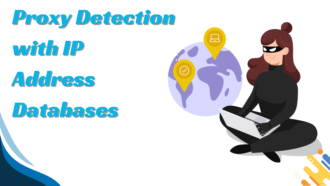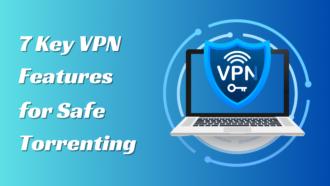How to Stay Secure on public Wi-Fi with a VPN
In an era where connectivity reigns supreme, public Wi-Fi networks have become an integral part of our daily lives. Whether you’re sipping a cappuccino at your favorite café, waiting for a flight at the airport, or attending a conference, the allure of free, open Wi-Fi is hard to resist. But lurking beneath the convenience of these networks is a digital minefield rife with potential security risks. Fortunately, there’s a knight in shining armor in the form of a Virtual Private Network (VPN) that can come to your rescue, ensuring you can stay secure on public Wi-Fi.
The Temptation of Public Wi-Fi
Picture this: You’re sitting in a bustling coffee shop, sipping on your latte, and scrolling through your emails on your laptop. The café’s Wi-Fi network is free, and you decide to connect to it. It’s convenient, fast, and, most importantly, you’re not using up your mobile data. What could go wrong?
A lot, as it turns out. Public Wi-Fi networks, though convenient, often lack the robust security measures found in private networks. They are prime hunting grounds for hackers, cybercriminals, and data thieves. When you connect to a public Wi-Fi network, you’re essentially exposing your device and data to anyone who cares to take a peek.
The Risks of Unsecured Wi-Fi Networks
Let’s delve into some of the significant risks associated with unsecured public Wi-Fi networks:
- Man-in-the-Middle Attacks: This devious tactic involves intercepting communications between two parties without their knowledge. Hackers can eavesdrop on your data, potentially stealing sensitive information like login credentials and personal details.
- Data Snooping: Cybercriminals can monitor your online activities and gather data about your browsing habits. This information can be exploited for targeted advertisements or even identity theft.
- Malware Distribution: Public Wi-Fi networks are a common breeding ground for malware. Unsuspecting users can inadvertently download malicious software, compromising the security of their devices.
- Password Theft: When you log in to various accounts on public Wi-Fi, there’s a risk of your passwords being stolen. Cybercriminals can employ key loggers or other tools to capture your login information.
- Unauthorized Access: Some public Wi-Fi networks are poorly protected and might lack proper authentication mechanisms. This makes it easier for unauthorized users to gain access to the network and potentially your device.
So, is it time to swear off public Wi-Fi forever? Not so fast. This is where a VPN comes into play as your trusty digital guardian.
Understanding VPNs: You’re Digital Guardian Angel
A Virtual Private Network (VPN) is your ticket to a safer online experience, especially when using public Wi-Fi. It functions as a secure tunnel that encrypts your internet connection, rendering your data unreadable to prying eyes. Here’s how it works:
- Encryption: A VPN encrypts your internet traffic, making it indecipherable to anyone attempting to intercept it. Even if a hacker manages to access your data, they’ll be met with a jumble of characters, providing no useful information.
- Anonymity: With a VPN, your IP address is masked, making it appear as if you’re connecting from a different location. This anonymizes your online presence and shields you from potential tracking and monitoring.
- Secure Connection: VPNs create a secure connection to a remote server. Your data is routed through this server before reaching its destination, adding an extra layer of security.
- Geo-Spoofing: VPNs allow you to access content that may be restricted in your location. By connecting to a server in a different country, you can bypass geographical content blocks and access a broader range of content.
Choosing the Best VPN
Selecting the best VPN service reviews is crucial for ensuring your online security. With a plethora of options available, it’s essential to consider the following factors when making your choice:
- Security Features: Look for VPNs with robust encryption methods and additional security features like a kill switch, which disconnects you from the internet if the VPN connection drops.
- No-Logs Policy: Opt for a VPN provider that has a strict no-logs policy. This ensures that your online activities are not recorded or tracked.
- Server Locations: Consider a VPN with a wide range of server locations. The more options you have, the better you can spoof your location and access content from around the world.
- Speed and Performance: A fast VPN is essential, especially if you’re streaming or engaging in online gaming. Some VPNs may slow down your internet connection, so choose one that minimizes this impact.
- User-Friendly Interface: The ease of use is a significant factor. A good VPN should have a user-friendly interface, making it accessible to both tech-savvy and less tech-savvy users.
- Customer Support: Check for 24/7 customer support. In case you encounter any issues or have questions, responsive support is a valuable asset.
Steps to Stay Secure on Public Wi-Fi with a VPN
Now that you’ve chosen the right VPN, here’s how to maximize your security on public Wi-Fi:
- Install and Configure Your VPN: Download and install the VPN software on your device. Follow the setup instructions provided by your VPN provider.
- Activate Your VPN: When you’re ready to connect to public Wi-Fi, activate your VPN. This typically involves selecting a server location, and you’ll be connected via the secure tunnel.
- Keep Your VPN Software Updated: Ensure that your VPN software is up to date. Updates often include security patches and improvements.
- Use Strong, Unique Passwords: Even with a VPN, it’s essential to use strong, unique passwords for your online accounts. Consider using a password manager to keep track of them.
- Enable Two-Factor Authentication (2FA): Wherever possible, enable 2FA for your accounts. This adds an extra layer of security, requiring you to provide a second authentication method, such as a text message or fingerprint, to access your accounts.
- Beware of Phishing Attempts: Stay vigilant against phishing emails and websites. Hackers may attempt to trick you into revealing sensitive information.
- Regularly Monitor Your Online Accounts: Periodically review your online accounts for any suspicious activity. This way, you can quickly detect and respond to any security breaches.
Beyond Public Wi-Fi: Everyday Benefits of a VPN
While the focus here is on public Wi-Fi security, a VPN offers several additional advantages for your online activities:
- Privacy: A VPN shields your online activities from prying eyes, whether it’s your internet service provider, advertisers, or government agencies.
- Bypassing Censorship: If you’re in a region with strict internet censorship, a VPN can help you access blocked content and communicate more freely.
- Secure File Sharing: For business or personal file sharing, a VPN adds a layer of security, ensuring your data privacy is kept confidential.
- Remote Work: As remote work becomes more prevalent, a VPN allows you to connect securely to your company’s network, keeping sensitive work-related data safe.
- Torrenting Safely: If you’re into peer-to-peer file sharing, a VPN protects your identity while torrenting.
Conclusion: Embracing Public Wi-Fi with Confidence
The allure of public Wi-Fi will continue to draw us in, given its convenience and accessibility. However, the risks associated with these networks should not be taken lightly. Protecting your digital footprint should be a top priority, and a VPN serves as an invaluable tool in this endeavor.
By encrypting your online activities, anonymizing your presence, and adding layers of security, a VPN ensures that you can navigate the digital world with confidence, regardless of the Wi-Fi network you’re connected to. So, the next time you’re in that bustling café, enjoying a cup of coffee and browsing the web, you can do so knowing that your digital guardian is by your side, keeping your data safe and secure.




















